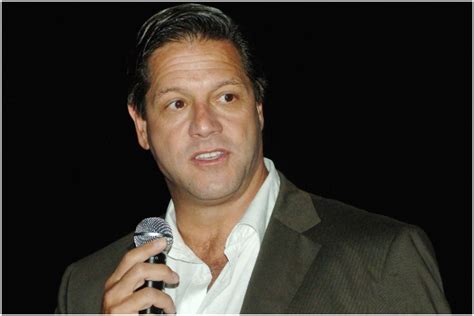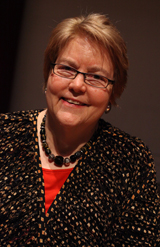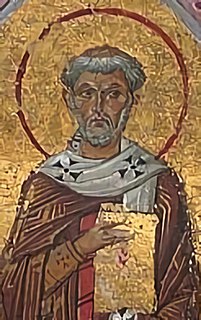A Quote by Richard A. Falk
What both the state and the capitalist economy oppose is an understanding of what might be called "the true nature of things" (using the phrase without metaphysical pretensions), especially injustices and exploitative practices.
Related Quotes
If you use your mind to study reality, you won't understand either your mind or reality. If you study reality without using your mind, you'll understand both. . . . The mind and the world are opposites, and vision arises where they meet. When your mind doesn't stir inside, the world doesn't arise outside. When the world and the mind are both transparent, this is true vision. And such understanding is true understanding.
Both art and science are bent on the understanding of the forces that shape existence, and both call for a dedication to what is. Neither of them can tolerate capricious subjectivity because both are subject to their criteria of truth. Both require precision, order, and discipline because no comprehensible statement can be made without these. Both accept the sensory world as what the Middle Ages called signatura regrum, the signature of things, but in quite different ways.
Instead of a bumbling and inefficient tool of society, the radical [libertarian] sees the State itself, in its very nature, as coercive, exploitative, parasitic, and hence profoundly antisocial. The State is, and always has been, the great single enemy of the human race, its liberty, happiness, and progress.
The way we get past capitalism is by building on the healthy non-capitalist aspects of our world while we also do pitched battle with the capitalist ones that we have a fair chance of winning against. In that way we build a better world and shrink the destructive capitalist practices that are part of the social fabric.
David's Lord was made David's Son, and from the fruit of the promised branch sprang One without fault, the two-fold nature coming together in one Person, that by one and the same conception and birth might spring our Lord Jesus Christ, in Whom was present both true Godhead for the performance of mighty works and true Manhood for the endurance of sufferings.
Capitalism is very far from a perfect system, but so far we have yet to find anything that clearly does a better job of meeting human needs than a regulated capitalist economy coupled with a welfare and health care system that meets the basic needs of those who do not thrive in the capitalist economy. If we ever do find a better system, I'll be happy to call myself an anti-capitalist.
This new economy that's just emerged has a new central economic actor. It's not the worker, the person who produces, nor the person who consumes, the purchaser. It's a new actor that does both things at the same time, call them a creator. They both create and consume in the same single act, and we're just beginning to see the shape of this new economy and it changes not just the economy itself, it's going to change the whole nature of the work relationship.


































